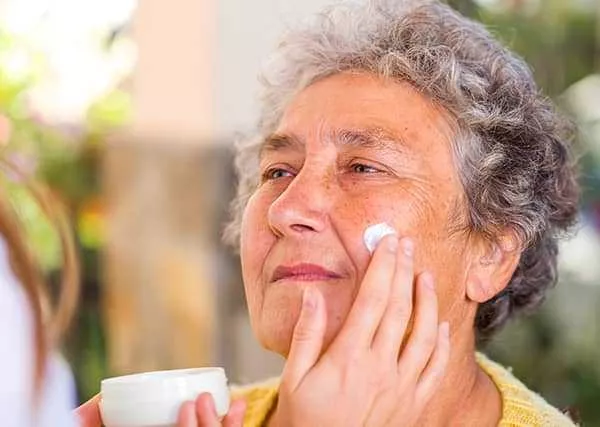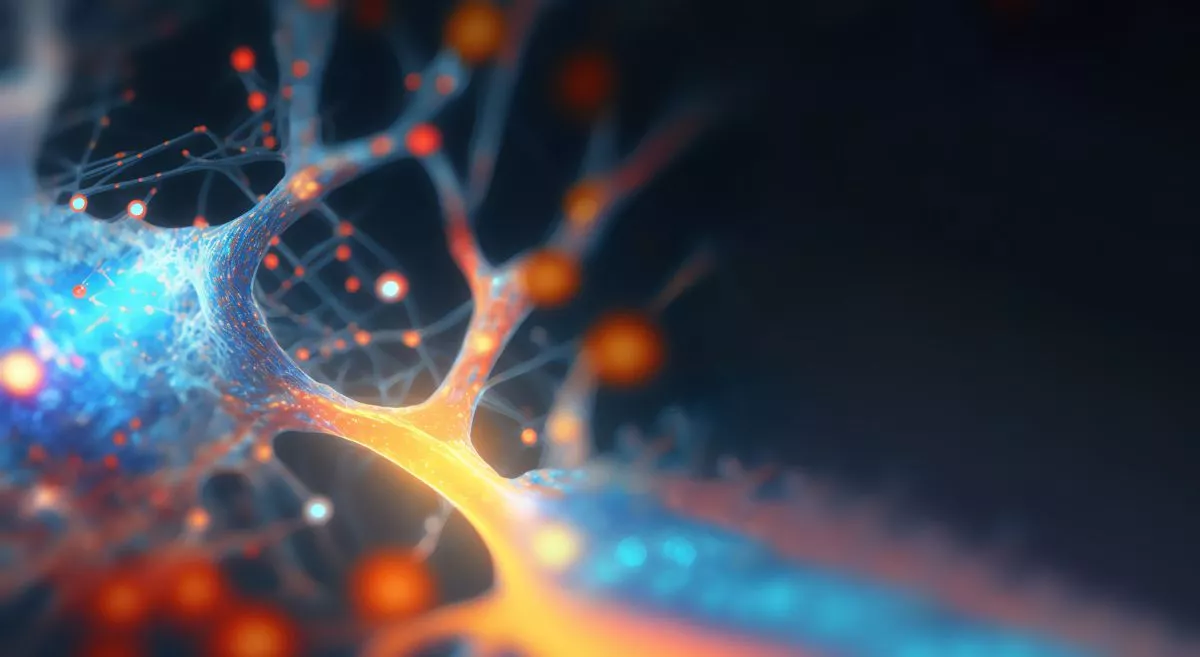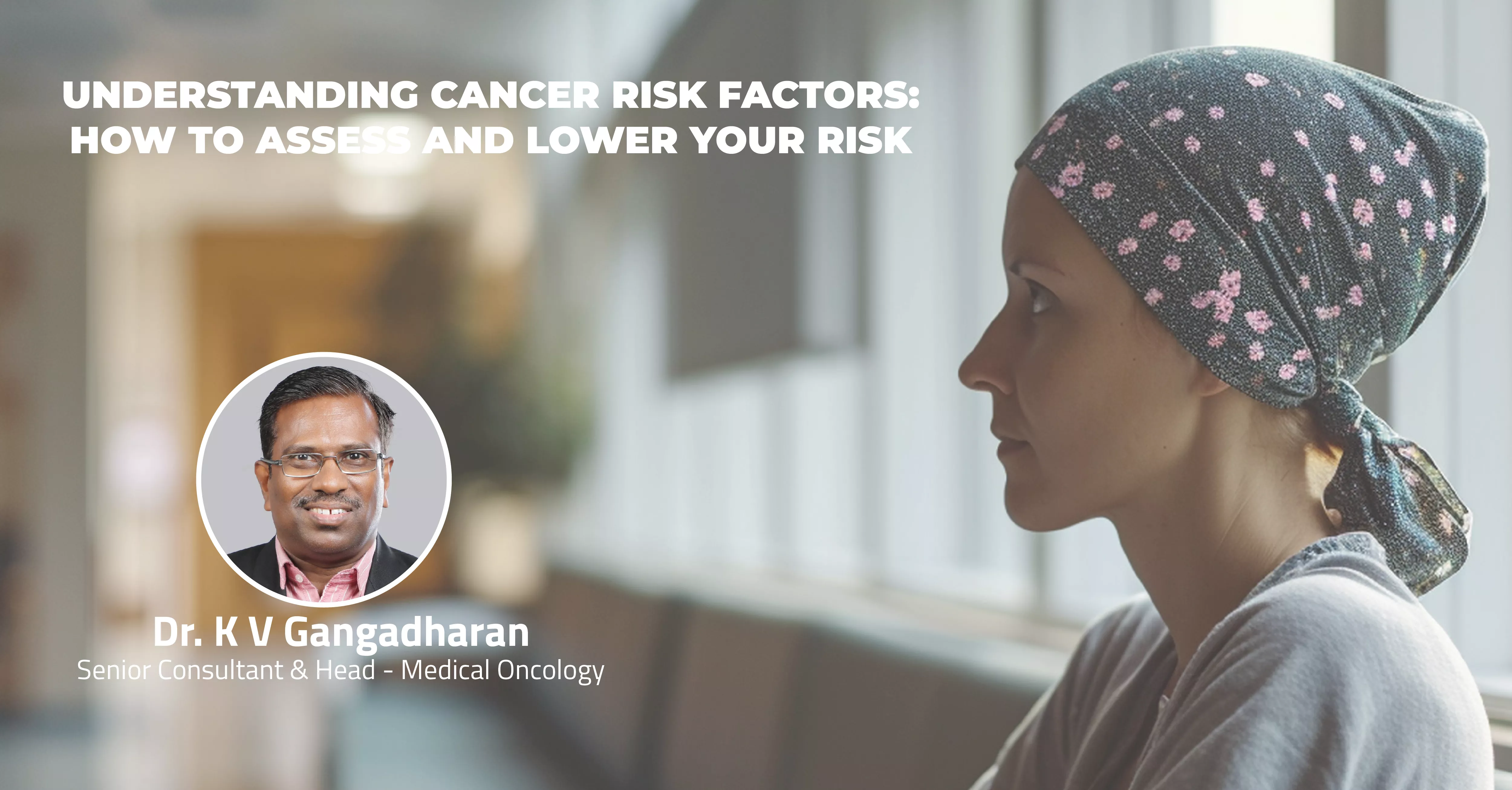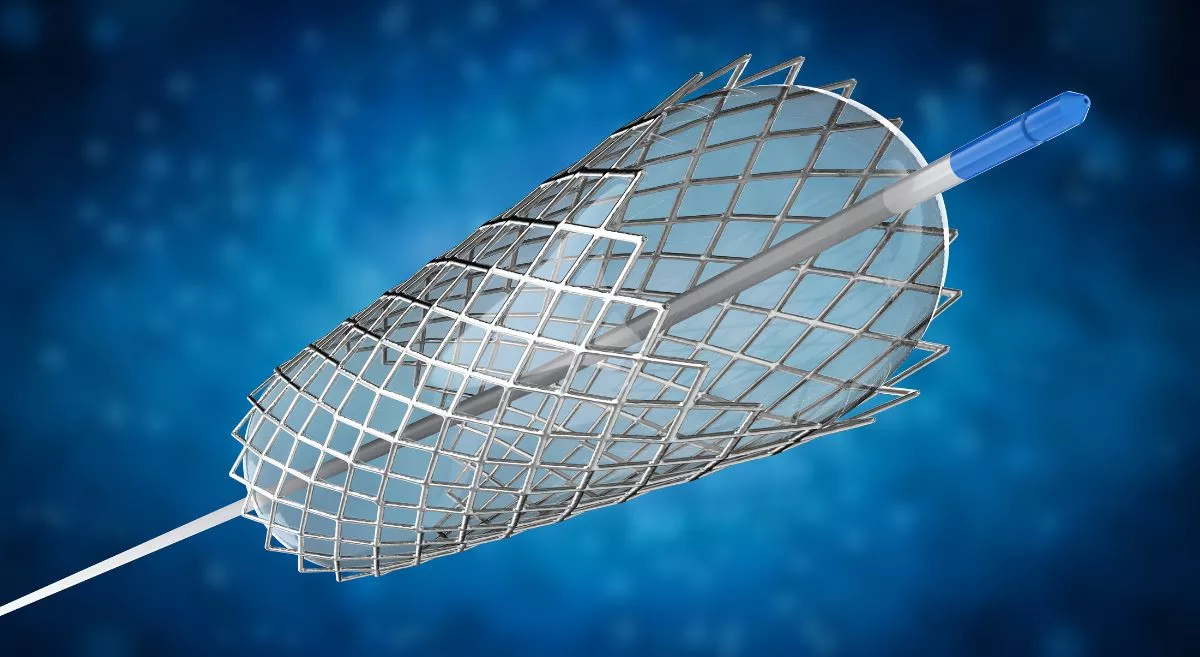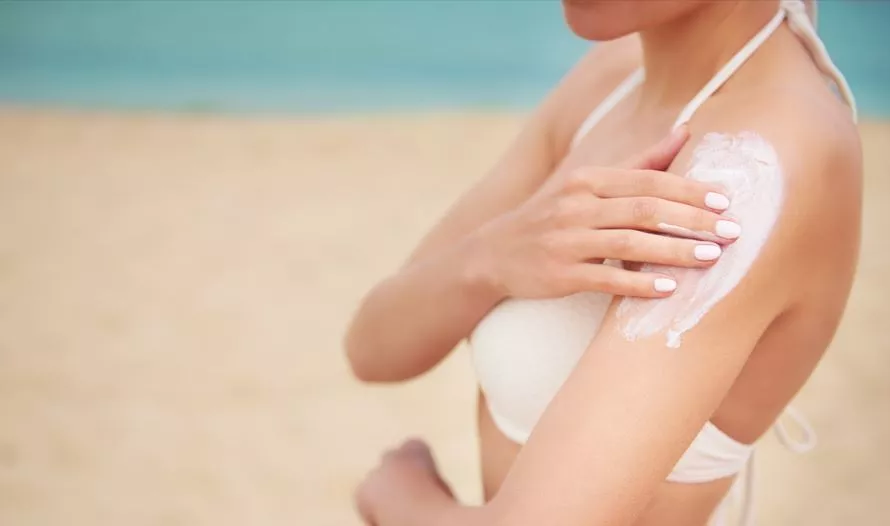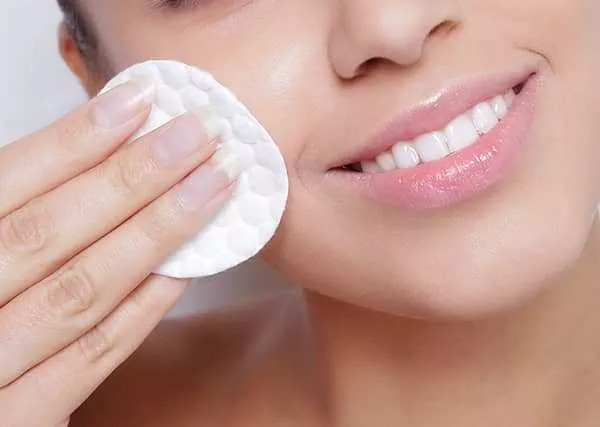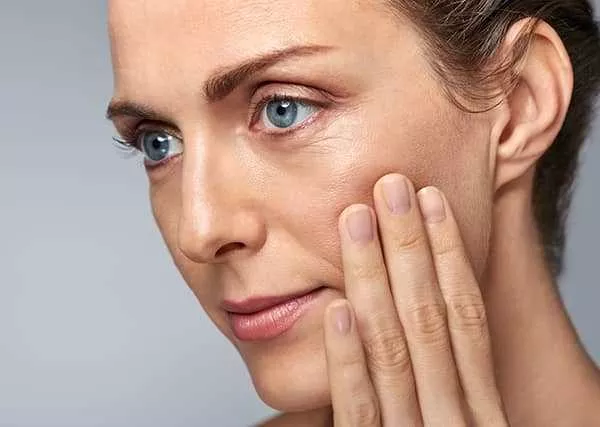by Dr. Anuradha Kakkanatt Babu
Women today transition out of middle age around 65. Their skin is more susceptible to dryness due to limited capacity to retain moisture, decreased oil secretion by sebaceous glands, multiple comorbidities like cardiovascular diseases, diabetes and thyroid problems.
Dry skin appears scaly, rough or cracked and causes itching as well. Skin may become thickened and pigmented in these areas from repeated scratching.
Common skin conditions seen in elderly are:
• Senile Purpura: Purplish spots may appear often on the arms and legs due to thin skin and fragility of the blood vessels. Use of some medicines like Aspirin, Clopidogrel, Warfarin or certain illnesses may also cause bruising. Consult a dermatologist to rule out any underlying issue causing these symptoms.
• Skin Infections: Bacterial infections like boils and fungal infections are common in the elderly especially those who are diabetic.
• Corns and Calluses: Skin of the feet may begin to feel dry and this increases chances of formation of corns and calluses. It is important to keep a regular check, especially in patients with diabetes, to look for any non-healing wounds or blisters.
• Bedsores: Those who are bed-ridden might develop bedsores. It is essential that they are moved around at frequent intervals and not kept in same positions to avoid pressure-ulcers.
• Freckles and Skin tags: Freckles and skin tags can increase with age and using sunscreen can help with this. In case you notice freckles and skin tags increasing rapidly or if you find any surface change in your existing moles or a wound which is resistant to heal, consult a dermatologist immediately.
• White spots: You may notice harmless pinpoint white spots on limbs, often seen in elderly. They are age spots and not vitiligo.
There are certain steps that can be taken to ensure better care for the skin in elderly women:
• Bathing: Avoid hot baths, frequent bathing and excessive skin scrubbing. Use cold or lukewarm water. Applying vegetable oil 5 min before bathing can help to reduce dryness.
• Soaps: Use gentle glycerin based moisturizing soaps.
• Moisturizing: Moisturizing the skin will keep it hydrated. Apply fragrance-free moisturizers immediately after bathing.
• Diet: Consume foods rich in vitamins, minerals and antioxidants like high colored fruits and vegetables and green leafy vegetables. Drink plenty of water and exercise regularly.
Personal hygiene for the elderly:
Vaginal dryness is a common phenomenon during menopausal age. It causes itching, discomfort and pain.
• Decreased hormone levels cause vaginal thinning leading to painful intercourse. Lubricants may be helpful to soothe the dryness.
• Pat dry the genital area after washing, as dampness can lead to fungal infections. These are especially common with women suffering from Diabetes.
• In case of whitening, itching or redness in the vaginal area consult your dermatologist immediately.
